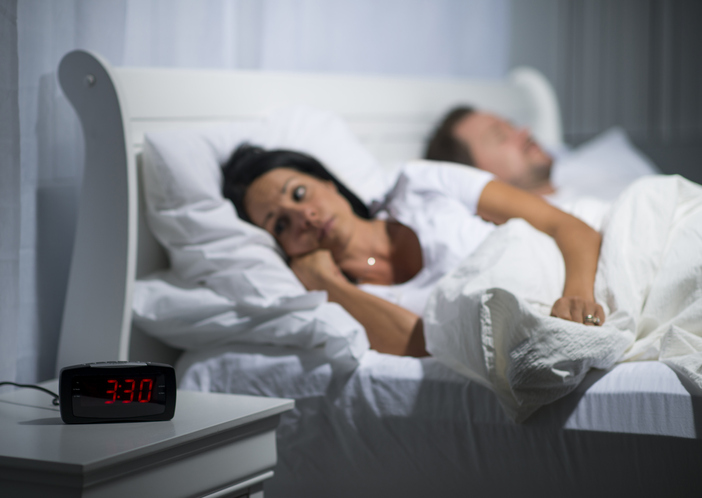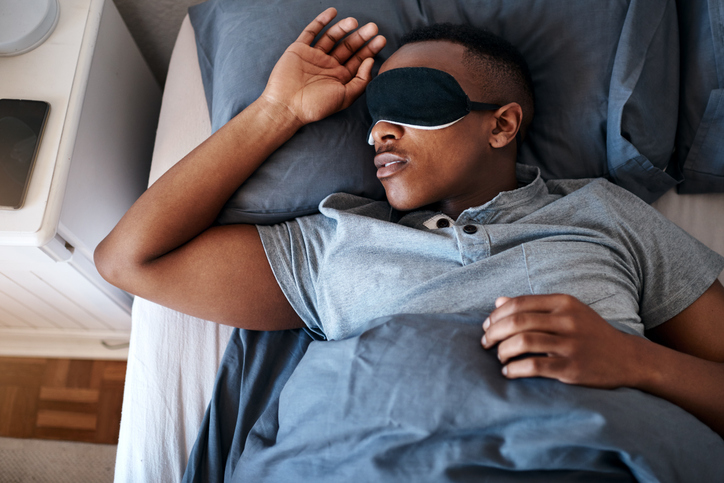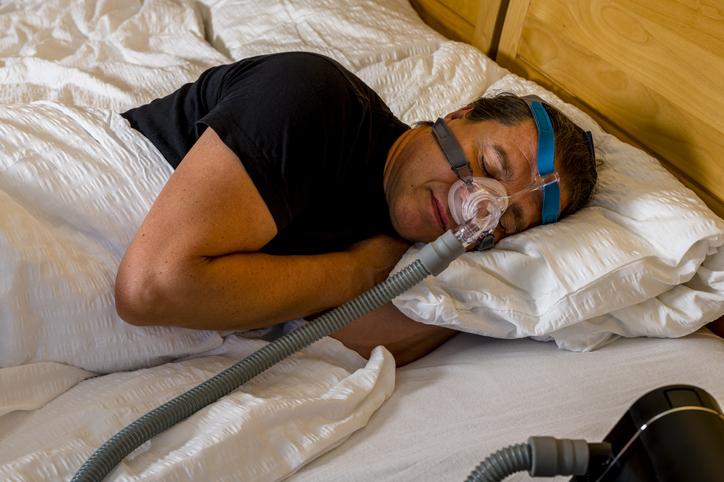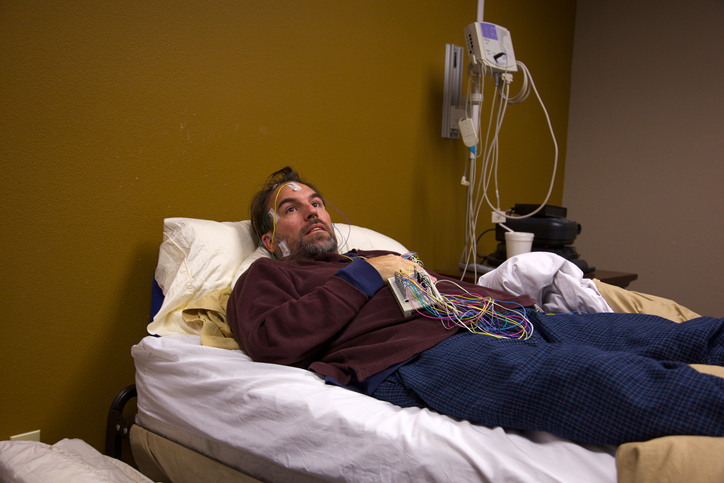Living with Chronic Pain
“Dos and Don’ts” to Attain Uninterrupted Sleep

28 people found this helpful
Print
Share
Save
Most people wake up once or twice during the night but are able to fall back to sleep. If health conditions, such as chronic pain, irritable bowel syndrome, anxiety or depression, are an issue, it is often more difficult to get 7 to 9 hours of uninterrupted sleep in a 24-hour period.
Here are 6 dos and 6 don’ts to attain uninterrupted sleep:
Do
- Do go outdoors. About 15 minutes a day can help reset the body’s natural clock.
- Do engage in physical activity; however, make sure to do it at least 5 hours before bedtime.
- Do shut off electronics an hour before bed.
- Do stick to a sleep schedule. Get up and go to bed at the same time every day.
- Do make the bedroom a place for sleep. Use soft lighting, keep noise to a minimum, and set a comfortable temperature to make the bedroom a sleeping sanctuary. Install black out curtains to prevent outside light from entering the room. Use the bedroom only for sleep or intimacy.
- Do create a relaxing bedtime routine. Enjoy a warm cup of non-caffeinated tea, take a hot bath, or listen to relaxing music before bedtime. Practice relaxing with guided meditation or progressive muscle relaxation to ease the mind and body into a restful state.
Don’t
- Don’t nap. It can disrupt the sleep cycle.
- Don’t smoke. Nicotine can interfere with sleep.
- Don’t drink caffeine after noon. It can take up to 8 hours for caffeine to wear off.
- Don’t drink alcohol or limit it to 1 drink several hours before bed.
- Don’t clock-watch. Move clocks out of sight to prevent stress and anxiety from “clock watching.”
- Don’t stay in bed if not sleeping. If sleep does not occur after 15 to 20 minutes in bed, get out of bed and do a relaxing activity until sleepiness occurs.


















